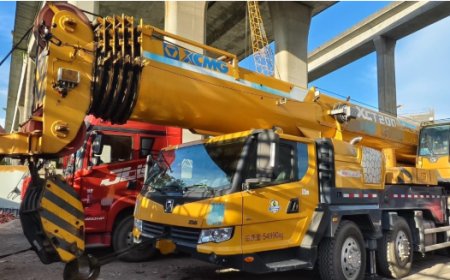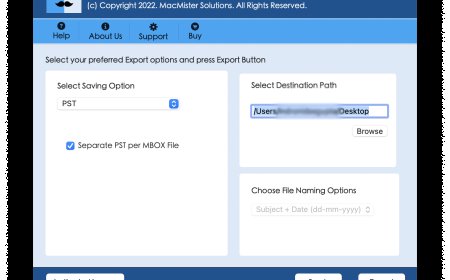How to Choose the Right Diesel Power Pack for Your Construction Site

In the fast-paced world of construction, having the right equipment can make or break your project timeline and budget. One of the most critical support systems on any job site is a reliable source of hydraulic or mechanical power. This is where a diesel power pack comes into play. Whether youre operating hydraulic tools, lifting systems, or piling rigs, choosing the right diesel power pack is essential for ensuring operational efficiency, safety, and performance.
Understand Your Power Requirements
The first step in selecting a diesel power pack is to determine the power output your equipment needs. Diesel power packs are available in a wide range of sizes and capacities, from compact units for light-duty tools to large, high-performance models that can power multiple systems at once. Consider the flow rate (measured in liters per minute) and pressure (measured in bar or psi) required for your machinery. Undersized units can lead to equipment strain and downtime, while oversized units may be inefficient and costly to operate.
Assess Portability and Size Constraints
Construction sites often demand mobility and flexibility. Depending on your site layout, you may need a diesel power pack that can be easily transported or repositioned. Skid-mounted or trailer-mounted models are ideal for larger sites, while compact or modular units may suit urban or restricted spaces better. Evaluate the weight, dimensions, and ease of access for maintenance before making a decision.
Look at Fuel Efficiency and Run Time
Fuel consumption is a major cost factor on any job site. Choosing a diesel power pack that offers optimized fuel efficiency without compromising output can significantly reduce operating costs over time. Look for models with advanced engine technology, such as automatic throttle control or Tier 4 Final-compliant engines, which meet emissions regulations while improving fuel economy. Consider how long the power pack can run on a full tank, especially if you're working in remote locations with limited refueling options.
Evaluate Noise and Emission Standards
Noise pollution and environmental impact are growing concerns in modern construction. Depending on your location and type of work, local regulations may limit allowable noise levels and emissions. Many manufacturers now offer diesel power pack models with built-in noise reduction features, like insulated enclosures and low-RPM engines. Make sure the unit you choose complies with relevant environmental standards, especially if you're operating in residential or protected areas.
Check for Build Quality and Durability
Construction environments can be harsh, with exposure to dirt, vibration, moisture, and extreme temperatures. A diesel power pack should be rugged enough to handle these conditions without frequent maintenance or breakdowns. Prioritize models built with corrosion-resistant frames, reinforced housings, and quality components from reputable brands. A durable unit may come at a higher upfront cost but will offer better reliability and longevity over time.
Consider Maintenance and Support Availability
Even the most robust diesel power pack will require regular servicing to stay in top condition. Choose a model with easy access to service points, clear maintenance schedules, and availability of replacement parts. It's also wise to select a brand or supplier that offers strong after-sales support, including technical advice, mobile service teams, and warranty coverage.
Match the Pack to the Application
Finally, tailor your choice to the specific application. Are you powering a pile driving machine, hydraulic saws, or lifting equipment? Each application may have unique flow and pressure requirements, as well as duty cycles. Discuss your needs with suppliers or equipment specialists who understand how to match a diesel power pack to your setup for optimal results.
Conclusion
Choosing the right diesel power pack is more than just picking a machine off the shelf. It involves a careful analysis of your power needs, site conditions, and equipment compatibility. With the right unit in place, your construction site will benefit from smoother operations, fewer delays, and lower long-term costs. Take the time to research, compare, and consult with experts to ensure that your investment in a diesel power pack supports your project from the ground up.































